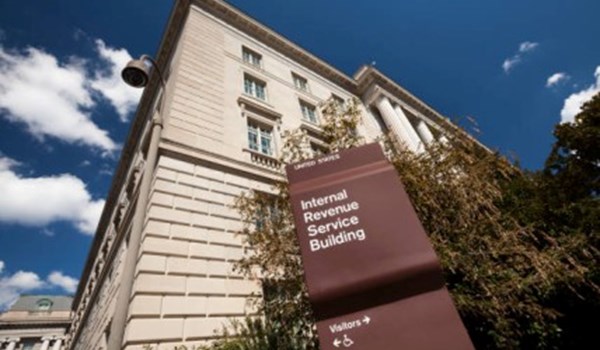
EU: EU ends tax aid probes into major companies
The European Commission announced the closure of its state aid investigations into tax rulings granted to Amazon, Fiat, and Starbucks by Luxembourg and the Netherlands. Initially, the Commission
BCG’s report on Africa Climate Finance reveals that only 12% of the $2.4 trillion investment needed by 2030 has been met.
Only 12% of the $2.4 trillion investment needed by 2030 for climate financing in Africa has been met, according to Boston Consulting Group (BCG).
On Wednesday, a panel hosted by the group discussed solutions to unlocking financial opportunities for investment needed in the green sector.
The discussion was based on the ‘More Money, Fewer Problems: Closing Africa’s Climate Finance Gap‘ report released by BCG in May 2024.
In the report, BCG details how the 12% reflects the possibility of a great risk that needs to be overcome to ensure a sustainable future for the continent.
Obstacles hindering investment
It details key obstacles hindering the investment flow into green sectors.
“Macroeconomic uncertainty, the opportunity cost of capital, and investor risk assessment, all of which result in financing costs that are 5% to 6% higher than those in comparable emerging markets.”
According to the report, the cost of debt for climate projects in the country is 20% compared with Paraguay’s 15%, although their sovereign ratings are the same (BB ratings). This can be seen as an indication that investors view the continent as risker than reflected by the global credit ratings agencies.
“The persistent gap in climate financing for Africa presents an opportunity to accelerate growth, however de-risking capital in the region to facilitate financing for private companies is critical to achieve this,” reads the report.
Investment is required in Africa where there is a massive climate finance gap. Picture: supplied
Solutions to unlock financing
BCG partner and associate director in Nairobi, Katie Hill says there is a need to improve macroeconomic conditions and there are different solutions that exist to unlock financing opportunities.
“A major step investor can take is to increase Portfolio Value Creation (PVC) (currently half of global levels) to accelerate growth and derisk green companies, which will ultimately bring down the cost of capital.”
BCG’s managing director and partner in Johannesburg, Warren Chetty recommends the strengthening of policy. He says policies must be correctly developed in appropriate areas so that structured financing instruments can be scaled to increase the availability of capital and reduce costs.
“Private debt is particularly important for green sectors, which are more infrastructure and working capital intensive.”
Ways stakeholders can play in de-risking capital
He believes the abovementioned will be most effective when paired with improved information for private investors. When it comes to foreign investors, there needs to be an understanding of baseline asset class performance.
“Realising this potential requires effective scaling, structuring, and use of these instruments that will bolster much-needed climate finance and support the vital growth of green sectors in Africa.”

The European Commission announced the closure of its state aid investigations into tax rulings granted to Amazon, Fiat, and Starbucks by Luxembourg and the Netherlands. Initially, the Commission

French and Dutch authorities target streaming giant over claims of financial misconduct and tax evasion Netflix is facing significant legal challenges as French and Dutch authorities have raided the

Farmers, ranchers, and other small businesses can breathe a sigh of relief: they no longer have to file ‘beneficial ownership information’ with the Treasury Department’s Financial Crimes Enforcement

Foreign retirement plans should be exempt, speakers say Awareness of rules called “minimal,” penalties too harsh US citizens who live and work abroad need more clarity from the IRS to prevent them